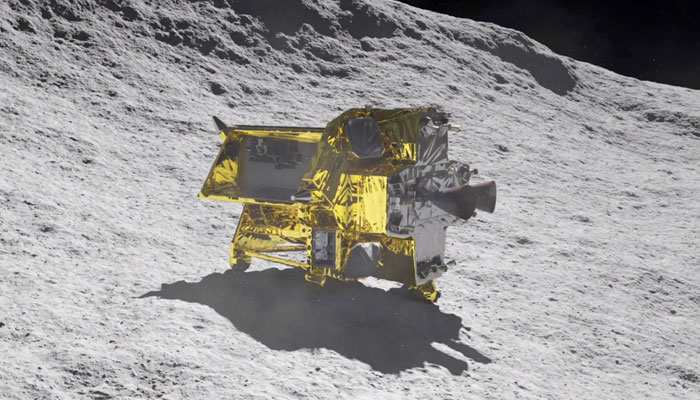Japan successfully launches Moon lander on H2-A rocket
Launch, initially postponed three times due to adverse weather conditions, took place at 8.42am local time from Tanegashima
Japan achieved a significant milestone in its space exploration journey on Thursday, September 7, with the successful launch of an H2-A rocket carrying the Smart Lander for Investigating Moon (SLIM).
The launch, initially postponed three times due to adverse weather conditions, took place at 8.42am local time from Tanegashima in southern Japan.
The primary objective of this mission is for SLIM to land precisely within 100 meters of a specific target on the Moon's surface. The precision landing is a considerable advancement, as previous lunar landers typically touched down several kilometers away from their intended targets. Japan's space agency, JAXA, stated that this achievement could pave the way for landing on even more resource-scarce planets in the future.
The launch also carried a research satellite developed collaboratively by JAXA, NASA, and the European Space Agency. This satellite, known as the X-Ray Imaging and Spectroscopy Mission (XRISM), will conduct high-resolution X-ray spectroscopic observations to study the flow of mass and energy, as well as the composition and evolution of celestial objects.
Japan's previous attempts at lunar missions have faced challenges, including the failed mission of the Omotenashi lunar probe last year. However, this successful launch marks a significant step forward for Japan's space program and positions them alongside India, the United States, Russia, and China in the exclusive group of nations capable of placing spacecraft on the lunar surface. Notably, India achieved this feat by landing a craft near the Moon's south pole last month.
With SLIM's precise landing capabilities, Japan is poised to make a substantial contribution to lunar exploration and potentially expand our understanding of celestial bodies.
-
Shanghai Fusion ‘Artificial Sun’ achieves groundbreaking results with plasma control record
-
Polar vortex ‘exceptional’ disruption: Rare shift signals extreme February winter
-
Netherlands repatriates 3500-year-old Egyptian sculpture looted during Arab Spring
-
Archaeologists recreate 3,500-year-old Egyptian perfumes for modern museums
-
Smartphones in orbit? NASA’s Crew-12 and Artemis II missions to use latest mobile tech
-
Rare deep-sea discovery: ‘School bus-size’ phantom jellyfish spotted in Argentina
-
NASA eyes March moon mission launch following test run setbacks
-
February offers 8 must-see sky events including rare eclipse and planet parade












